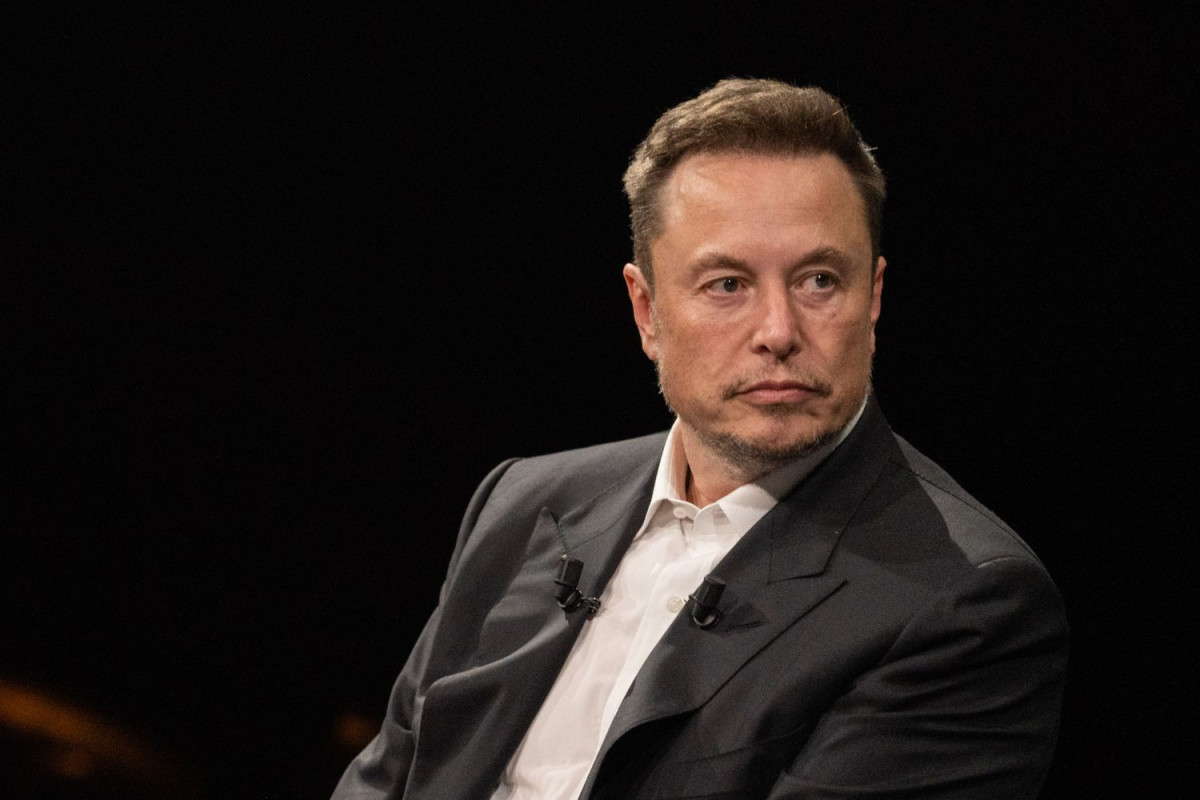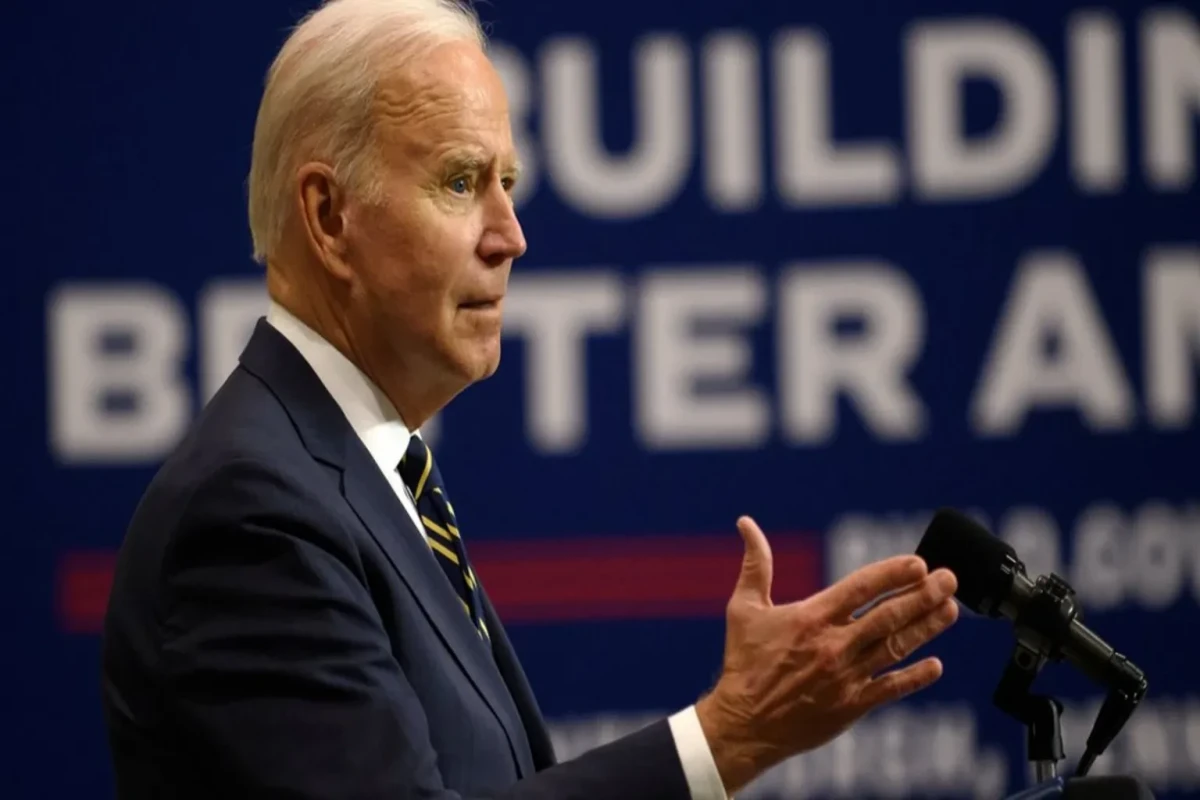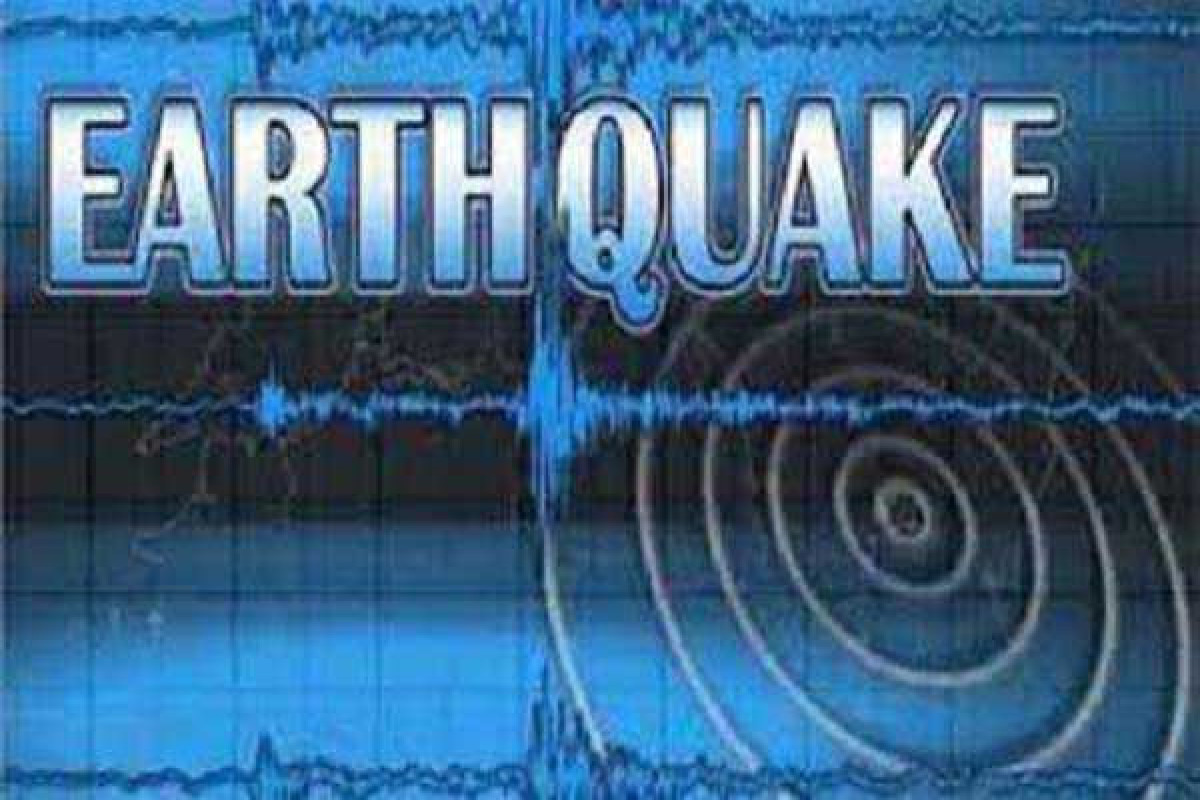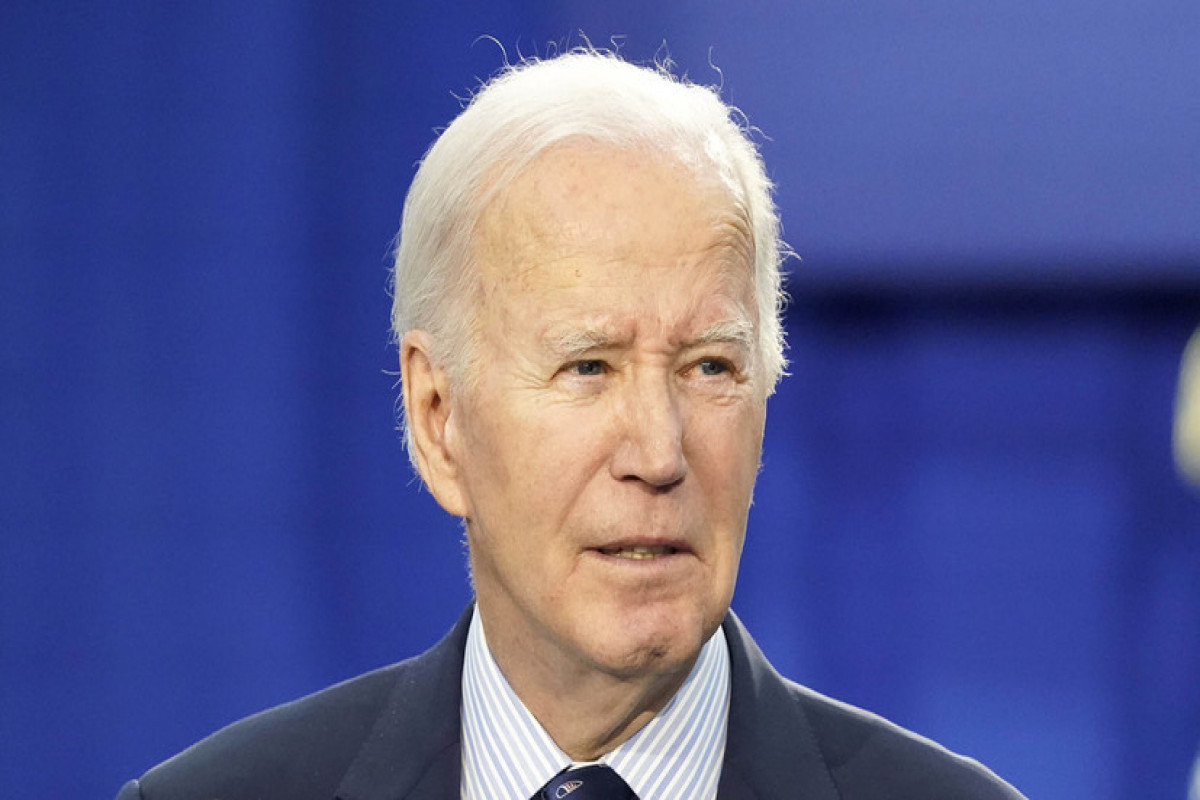The United Nations Security Council unanimously stepped up sanctions against North Korea on Monday over the country’s sixth and most powerful nuclear test conducted on Sept. 3, imposing a ban on the country’s textile exports and capping imports of crude oil, APA reports quoting Reuters.
It was the ninth sanctions resolution unanimously adopted by the 15-member council since 2006 over North Korea’s ballistic missile and nuclear programs. A tougher initial U.S. draft was weakened to win the support of Pyongyang ally China and Russia.
“We don’t take pleasure in further strengthening sanctions today. We are not looking for war,” U.S. Ambassador to the United Nations Nikki Haley told the council after the vote. “The North Korean regime has not yet passed the point of no return.”
“If it agrees to stop its nuclear program, it can reclaim its future ... if North Korea continues its dangerous path, we will continue with further pressure,” said Haley, who credited a “strong relationship” between President Donald Trump and Chinese President Xi Jinping for the successful resolution negotiations.
A week ago Haley called for the “strongest possible” sanctions, but after several days of negotiations, Washington dropped several measures to win the support of Russia and China, including a bid for an oil embargo and the blacklisting of North Korean leader Kim Jong Un and the national airline.
Russia had condemned the idea of tightening sanctions on North Korea without any political push to resolve the crisis. Russia’s U.N. ambassador, Vassily Nebenzia, told the Security Council on Monday that Moscow supported the resolution because “leaving nuclear tests without a firm reaction would be wrong.”
He again raised the Chinese and Russian proposal of a dual suspension of North Korea’s nuclear and ballistic missile testing along with U.S. and South Korean military exercises in a bid to kick-start talks. Haley has dismissed it as insulting.
“We think it’s a big mistake to underestimate this Russia, China initiative,” Nebenzia said. “It remains on the table at the Security Council and we will insist on it being considered.”
There was new political language in the resolution urging “further work to reduce tensions so as to advance the prospects for a comprehensive settlement.”
***
The United Nations Security Council is set to vote on Monday to impose new sanctions on North Korea over its largest nuclear bomb test, after the United States watered-down the text of a resolution to appease China and Russia, APA reports quoting Reuters.
A week ago, U.S. Ambassador to the United Nations Nikki Haley called for the “strongest possible” sanctions on North Korea and had sought an oil embargo on Pyongyang.
But after negotiations in recent days, mainly among the council’s veto powers - the United States, Russia, China, Britain and France - the revised draft appears to resemble another incremental increase in sanctions on Pyongyang.
Compared to the initial U.S.-draft, given to all 15 council members on Wednesday, the new text would still impose a ban on North Korea’s textile exports, but it no longer blacklists leader Kim Jong Un or the national airline. And instead of cutting off Pyongyang’s oil supply, the council would only cap crude oil exports to North Korea at current levels.
When asked if the changes would be enough to win over Russia and North Korean ally China, British U.N. Ambassador Matthew Rycroft said on Monday: “Yes. I hope so.”
“There is a significant prize in keeping the whole of the Security Council united,” he told reporters. “The version on the table is strong, it is robust.”
A Security Council resolution needs nine votes in favor and no vetoes to pass. The council has unanimously adopted eight resolutions since 2006 gradually ratcheting up sanctions on North Korea over its ballistic missile and nuclear programs.
In negotiations on the latest resolution, diplomats said Russia had questioned what leverage the Security Council would have left if North Korea continued to conduct nuclear and missile testing.
“This is a compromise in order to get everybody on board,” French U.N. Ambassador Francois Delattre said of the draft.






